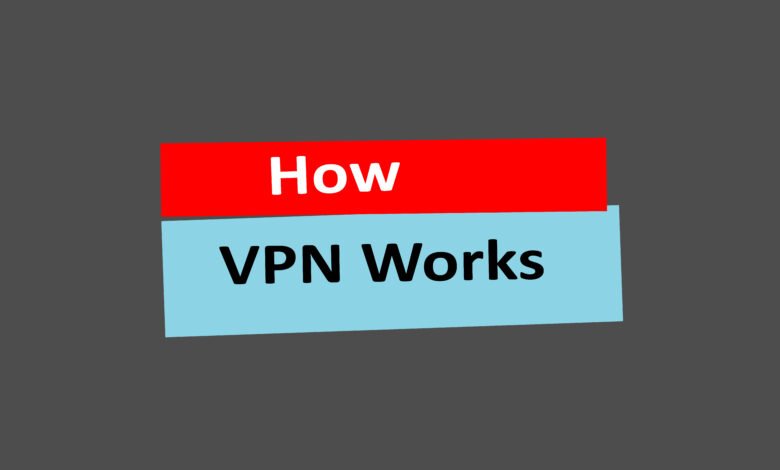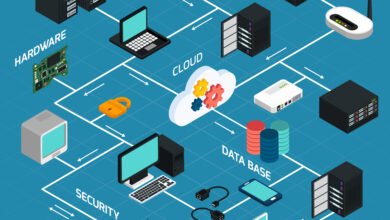How VPN Works?

A Virtual Private Network (VPN) is a technology that allows users to create a secure and private connection to the internet. It acts as a tunnel that encrypts and protects the data transmitted between your device and the websites or services you access.
1. Encryption and Data Security
One of the main purposes of a VPN is to provide encryption for your internet connection. When you connect to a VPN, all the data that you send and receive is encrypted, making it difficult for anyone to intercept or access your information. This is especially important when using public Wi-Fi networks, as they are more vulnerable to hacking and data theft.
2. IP Address Masking
Another key feature of a VPN is its ability to mask your IP address. An IP address is a unique identifier assigned to your device by your internet service provider (ISP). By using a VPN, your IP address is replaced with the IP address of the VPN server you are connected to. This makes it appear as if you are accessing the internet from a different location, enhancing your online privacy and anonymity.
3. Bypassing Geo-restrictions
Many websites and online services impose geo-restrictions, meaning they are only accessible from specific countries or regions. With a VPN, you can bypass these restrictions by connecting to a server in a different location. This allows you to access content that may be blocked or unavailable in your current location, such as streaming services or websites.
4. Secure Remote Access
A VPN is also commonly used for secure remote access to private networks. It allows users to connect to their work or home network from a remote location, such as when traveling or working from a coffee shop. By using a VPN, the connection between the user’s device and the private network is encrypted, ensuring the security and privacy of the transmitted data.
5. Privacy and Anonymity
Using a VPN can help protect your privacy and maintain your anonymity online. By encrypting your internet connection and masking your IP address, a VPN prevents your ISP, government agencies, or other third parties from tracking your online activities. This is particularly important in countries with strict internet censorship or surveillance.
6. Types of VPN Protocols
There are several types of VPN protocols that determine how the encryption and data transmission are handled. Some common protocols include:
- OpenVPN: This is an open-source protocol known for its strong security and flexibility.
- IPSec: This protocol is widely used for secure remote access and site-to-site connections.
- PPTP: Although less secure than other protocols, PPTP is easy to set up and widely supported.
- L2TP/IPSec: This protocol combines the best features of L2TP and IPSec for enhanced security.
Conclusion
A VPN is a powerful tool that provides security, privacy, and flexibility when accessing the internet. By encrypting your connection and masking your IP address, it ensures that your online activities remain private and protected. Whether you are concerned about data security, bypassing geo-restrictions, or accessing a private network remotely, a VPN can help you achieve these goals.



